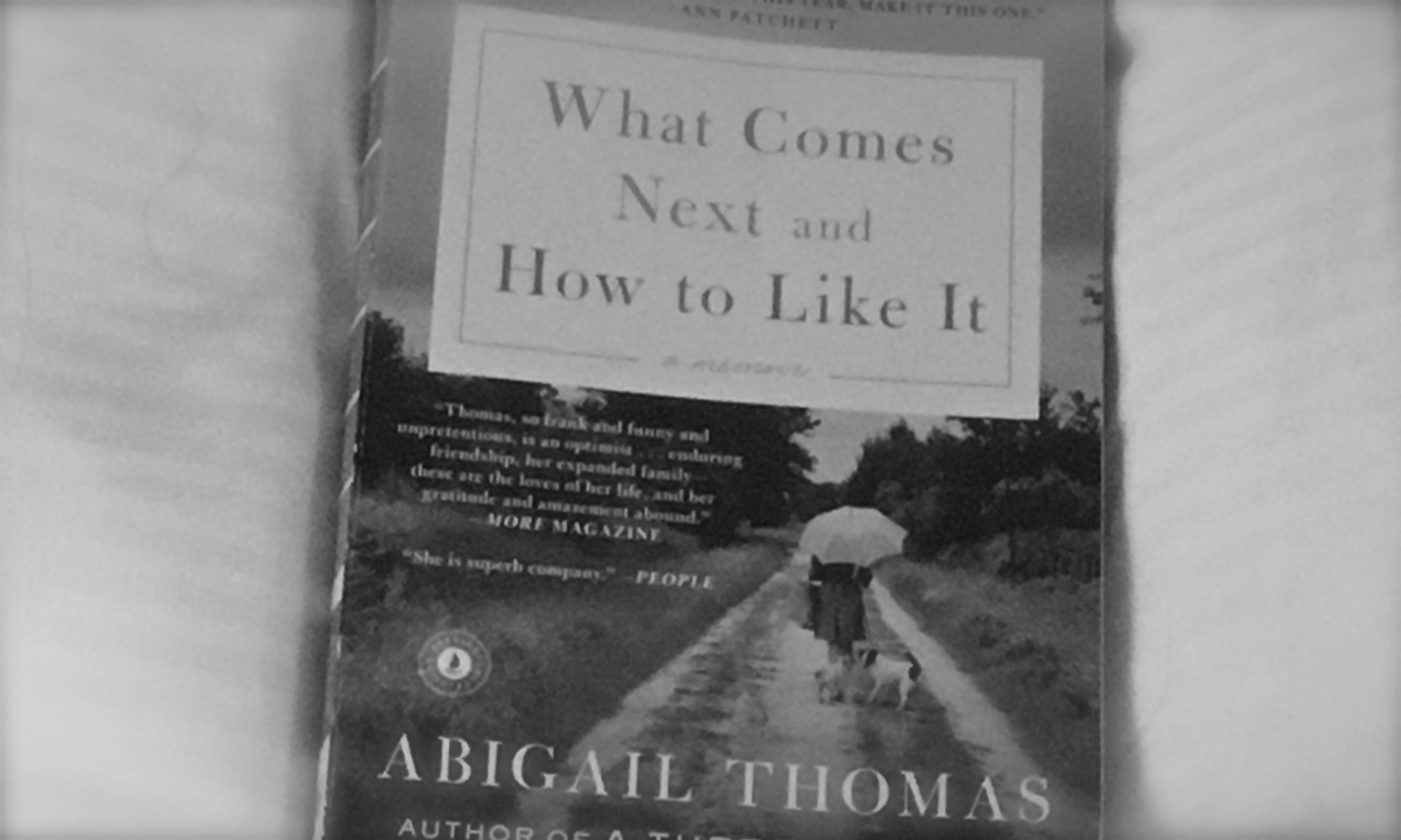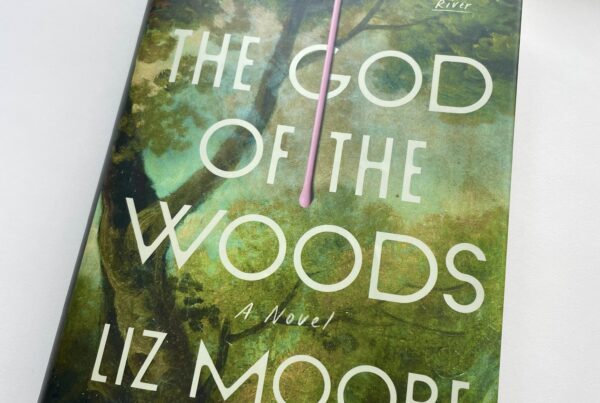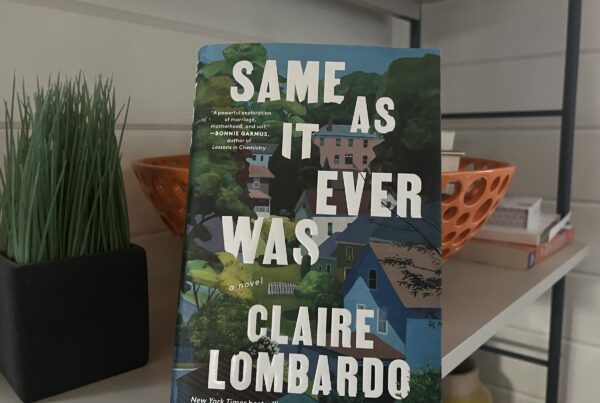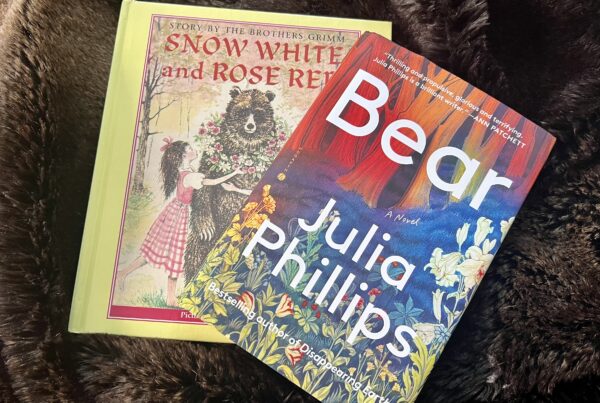Timing is Everything. Sometimes, I think I am like Goldilocks with books — not in terms of the temperature of porridge, but in terms of timing. There are books I picked up too soon: I read Wuthering Heights too young to understand obsessive love or Emily Bronte’s other dark mysteries. In college, I only pretended to understand Joyce’s Ulysses, though we still have several copies in our house. I read Composing A Life by Mary Catherine Bateson when, in grad school, I did not yet understand that we do get to make choices about how we sequence our lives. I’m not sure I have read many books too late, but I am a big fan of the “just right” moment, that sense, when one is reading, that this is the very book one must read at this very moment. Such was the case with Operating Instructions by Anne Lamott, a gift to me only a few months after our infant daughter arrived. It seemed Lamott were writing directly to me. So, too, this month, when I devoured What Comes Next and How to Like It on a plane to California. I am not yet 70, but that age feels closer than it once did, and my own children, like Thomas’ children, are more grown than not. I felt as if were drinking coffee with Abigail Thomas — she, the writing teacher, neighbor, and life-long friend I had not realized I’d been longing for. Each chapter is brief — almost a meditation, but a meditation that left me breathless in its economy and loveliness.
Thomas writes and paints and mothers and grieves and wrestles with a complicated friendship in the pages of this book. She paints on glass, frequently struggling to align her vision with what the finished composition looks like and often finding unexpected satisfaction when she turns the piece of glass upside down or looks at what she’s made from the other side. What a metaphor for the creative process — for writing and teaching and mothering. There’s what we plan and then there is, when we are lucky, serendipity. When we’re not lucky, there’s starting over.
Thomas writes with precision, elegance, simplicity and universality. The chapters aren’t easy — there is anguish and another descent into alcoholism, via vanilla extract. There is a complicated relationship with a daughter, whose relationship with Thomas’ closest friend causes a schism, and then there is that daughter’s fight against cancer. There are a lot of naps and time in bed, some of which made me jealous. Her heart beats on the page. Grief, fear, aging, friendship, betrayal, motherhood, writing, painting — it is all present in a carefully crafted assemblage. Would that my writing appeared so effortless.
“What will death be like?” Thomas wonders, opening space for all of us to contemplate mortality. It seems as if this slender memoir is an answer to Mary Oliver’s inquiry about what to do with our “one wild and precious life.” Don’t squander it, Thomas whispers. She shares some choices she has made, and her unintimidating, vulnerable, unpretentious musings inspired me. Perhaps you, too, are thinking about what your next chapter might be? We cannot choose what comes next, but in our daily lives, we are, all along the way, practicing how we will greet the unknown. And like the little interloper who ended up napping in Baby Bear’s bed — to me, that feels just right.




